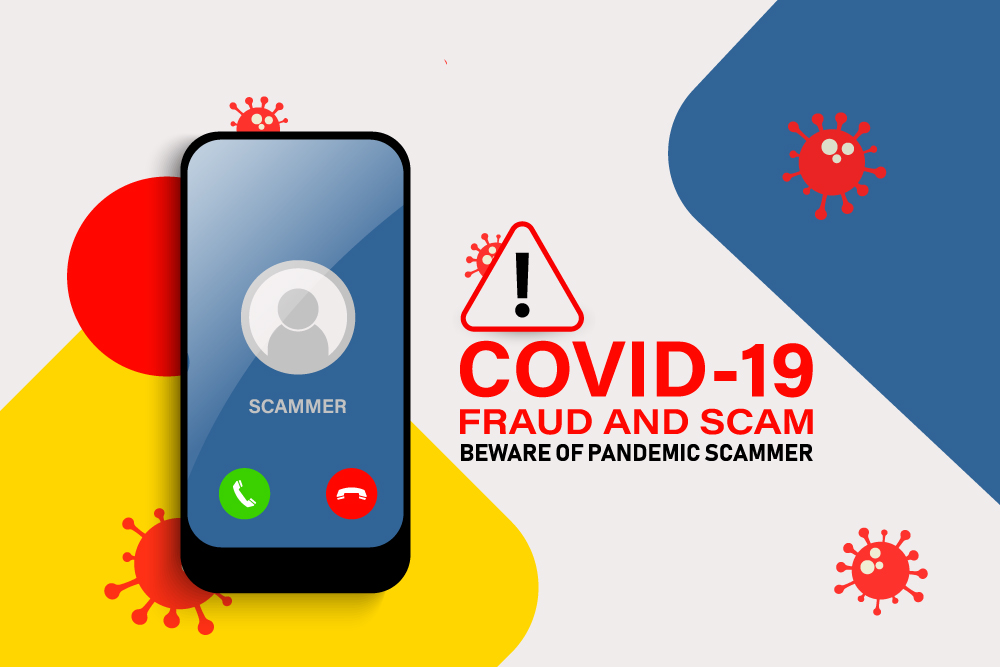
We all know that scammers and fraudsters are not ones to let a crisis go to waste. The COVID-19 crisis has unleashed a tsunami of scams preying on the virus-related fears of many Americans. The FCC, FTC, FEMA and the FBI are reporting a significant uptick in text messages, emails and robocalls, offering fake cures or treatments and free home testing kits.
Scammers are also capitalizing on financial fears, using robocalls to offer bogus work-at-home opportunities, student loan relief, debt consolidation, or falsely claiming to verify your bank account details so the funds for your stimulus check can be direct deposited.
The singular goal of all these scammers is to gain access to your personal information, and they are relentless in their efforts. Fortunately, the red flags are easy to spot and the steps to avoid becoming a victim of a coronavirus scam are simple.
- The government will never contact you directly about your stimulus check. So, never respond to texts, emails or calls about your check.
- Government organizations such as the CDC or WHO never communicate directly to consumers by email, so delete any suspicious email. You can get the information you need by going directly to their websites, such as coronavirus.gov and usa.gov/coronavirus.
- There are no proven cures or treatments for COVID-19 available to the public. So, ignore any offers for these products.
- Always ignore or hang up on robocalls. They are illegal.
- Legitimate government agencies or businesses will never ask you to provide sensitive personal information through an email, text message or phone call. So don’t do it.
- Never, ever click on a link from a source you don’t know.
- Be diligent when considering a donation and never donate in cash, gift cards or money transfers.
If you think you have been victimized by a COVID-19 scam, you can report it to National Center for Disaster Fraud Hotline at (866) 720-5721.
Alpine Bank provides assistance for customers who have experienced fraud. Contact our customer support and fraud department here.
About This Author

Alpine Bank


